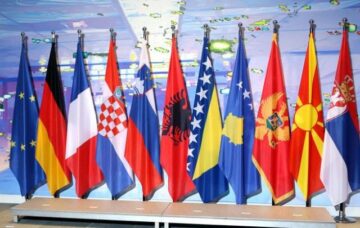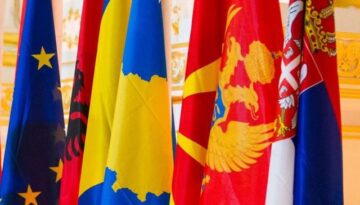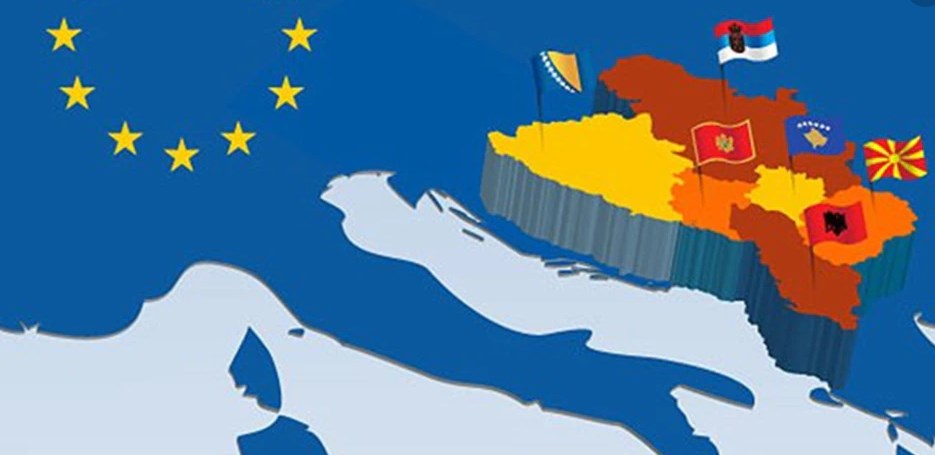Michael Martens, journalist and one of the leading German and European pundits on the EU enlargement with the West Balkan, wrote for the German daily Frankfurter Allgemeine Zeitung about the acute death of EU enlargement, with weak chances for near resurrection. He is, in fact, referring to the “the largest party in the the most powerful EU member country” (CDU) proposal for a new approach to West Balkan EU integration.
“The EU enlargement is and will remain dead. After the latest Russo-Ukrainian war, few rhetorical changes took place, but nothing essential changed. While one day the enlargement may resurrect, now ideas are needed. One such idea already appeared in the German Bundestag, and was embraced by the largest opposition party CDU, jointly signed by its President Friedrich Merz and the CSU Regional Group President, Alexander Dobrindt. The idea – rejected by the current ruling majority – takes from the fact that full-fledged political membership is not available at the moment offering, instead, an “attractive middle step – a Common Market”.
In other words, writes Martens, the six West Balkan countries, along with Ukraine and Moldavia would be accepted as full-fledged members of a “Common European Market”, of course, if they meet the conditions. Currently Norway and Switzerland are part of the common EU internal market, without being EU members.

“Give them all the rights that come with the membership. And all the obligations it imposes. What would that mean? For the people in the eight concerned countries, that would mean that, in practice, they will already live in the EU. They would enjoy the four freedoms (movement of goods, people, services, and capital) within the EU. The Balkan companies would become more competitive. It wouldn’t matter to people where they live or work, which would make the borders invisible. And for the EU it would mean that it will be able to enlarge the territory where EU rules (and only EU rules) apply. Bruxelles would regain its influence over a region that is within Putin’s and Chinese interest, too”, Martens writes, adding that the eight new members would be unable to block the decision making within the EU.

Those who oppose the idea claim that it is a mere economic projects, and that it lacks the mechanisms for the necessary political reforms, the rule of law, freedom of media, etc.
“It is not in any case an economic project”, Martens quotes Knut Abraham, Bundestag MP and former foreign policy advisor to Angela Merkel. “The coмmon market is much more than free trade zone. It is the core of the EU. Large part of the EU legislation refers to the inner market and establishes common standards. The functional rule of law, which provides for the implementation of these laws, is therefore essential to the EU’s internal market. The rule of law standards would be a central demand. Only the countries that would meet the EU standards would be allowed to join the common market”, Abraham explains.





Comments are closed for this post.